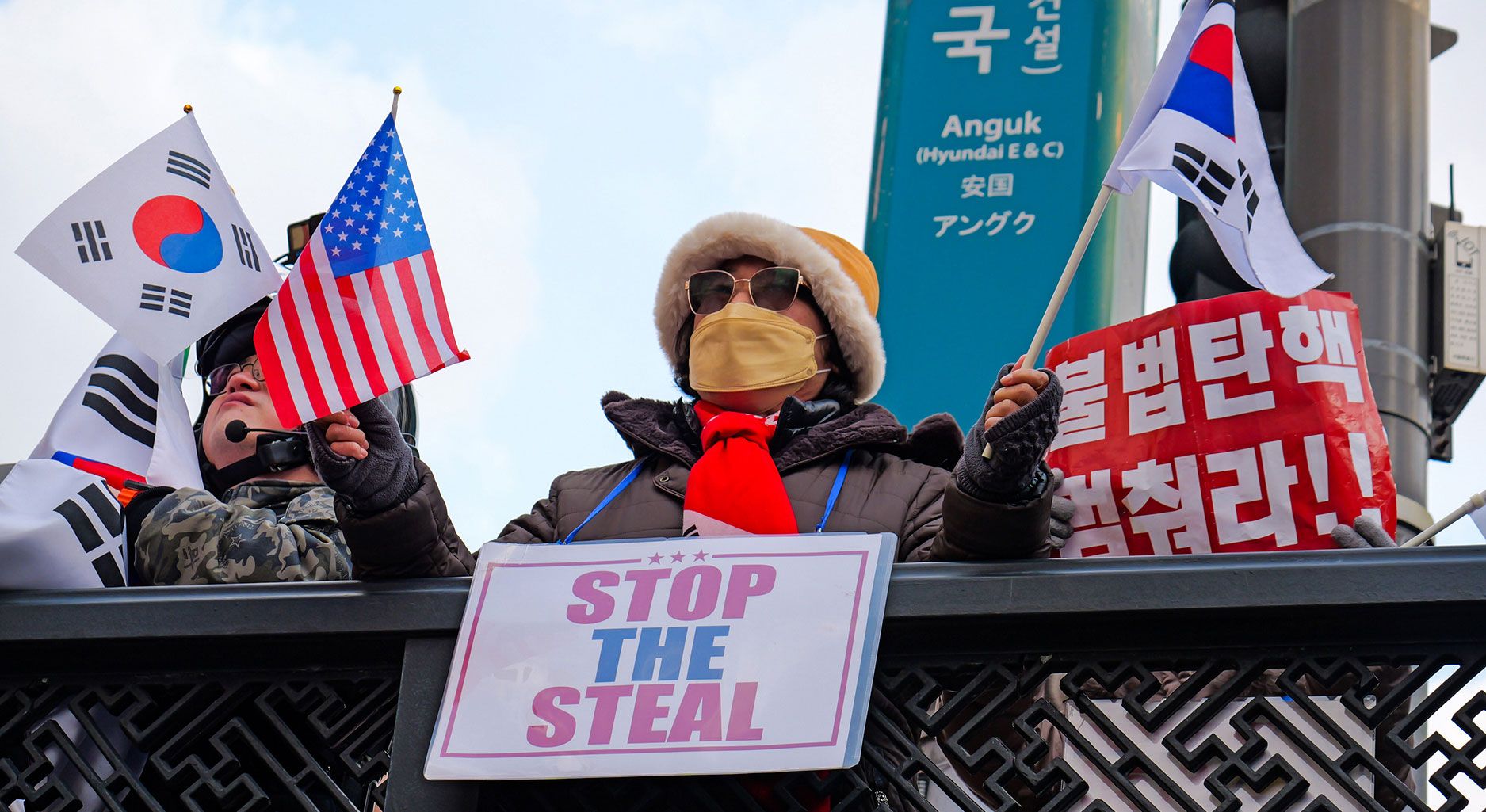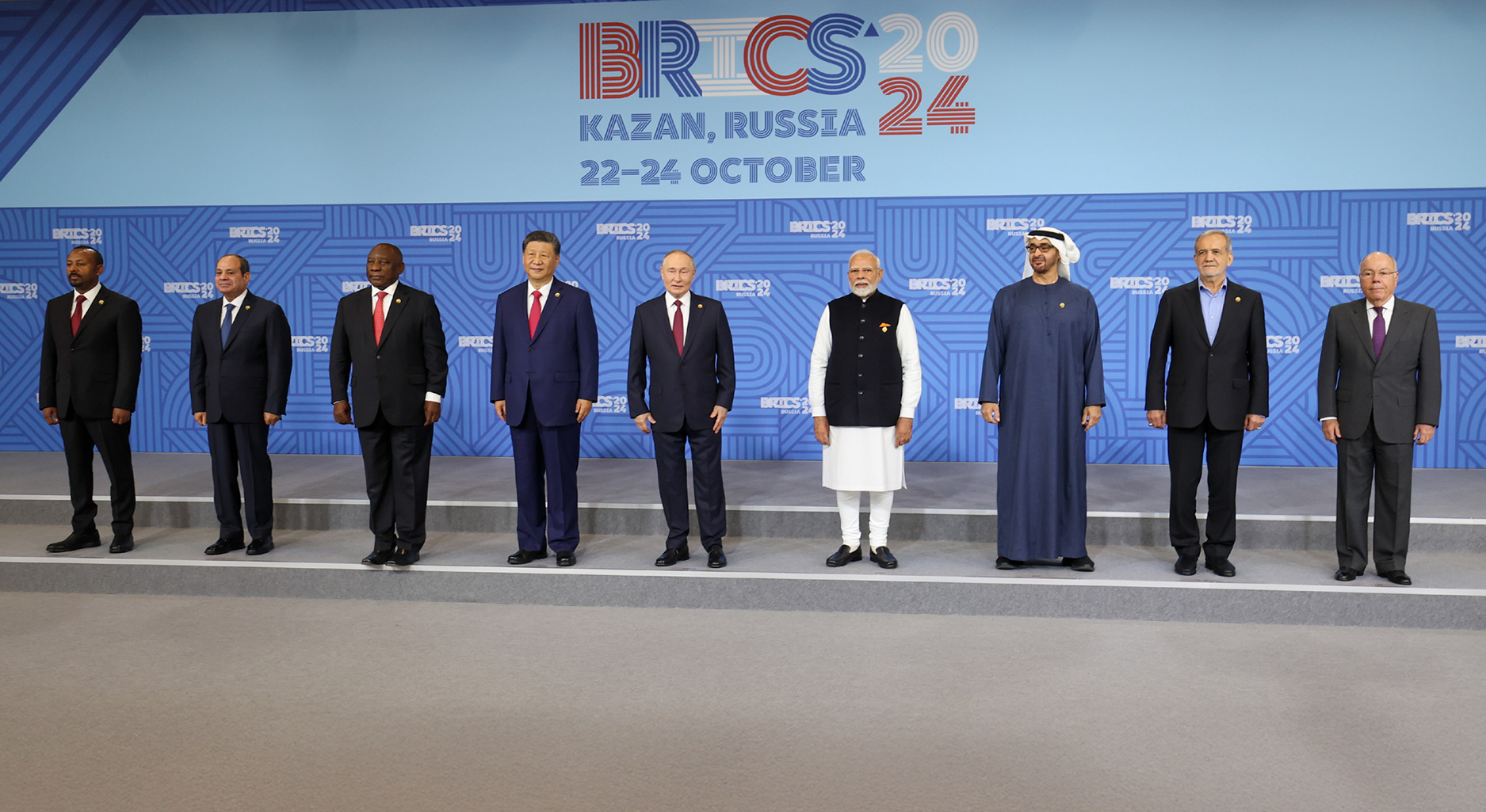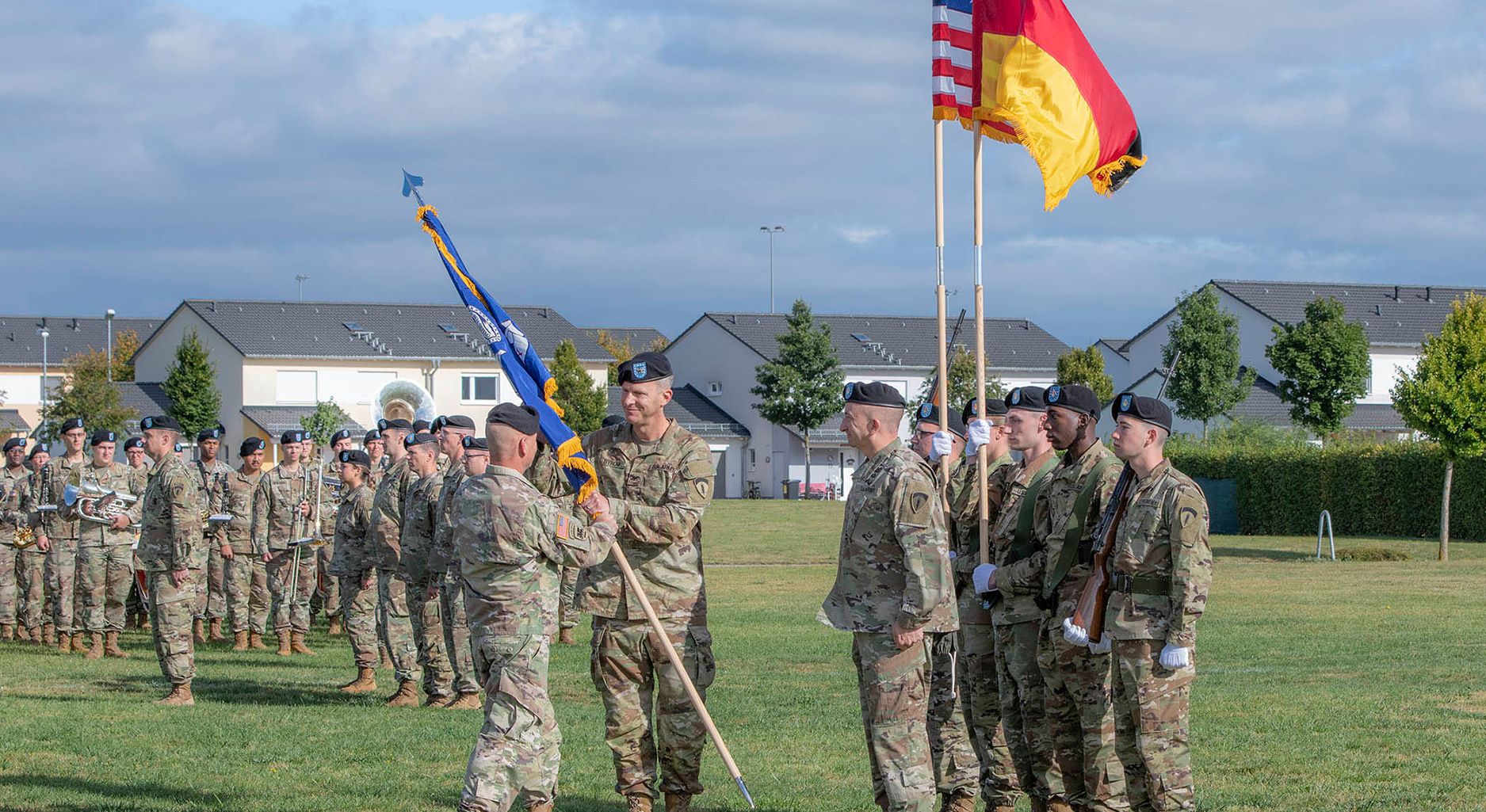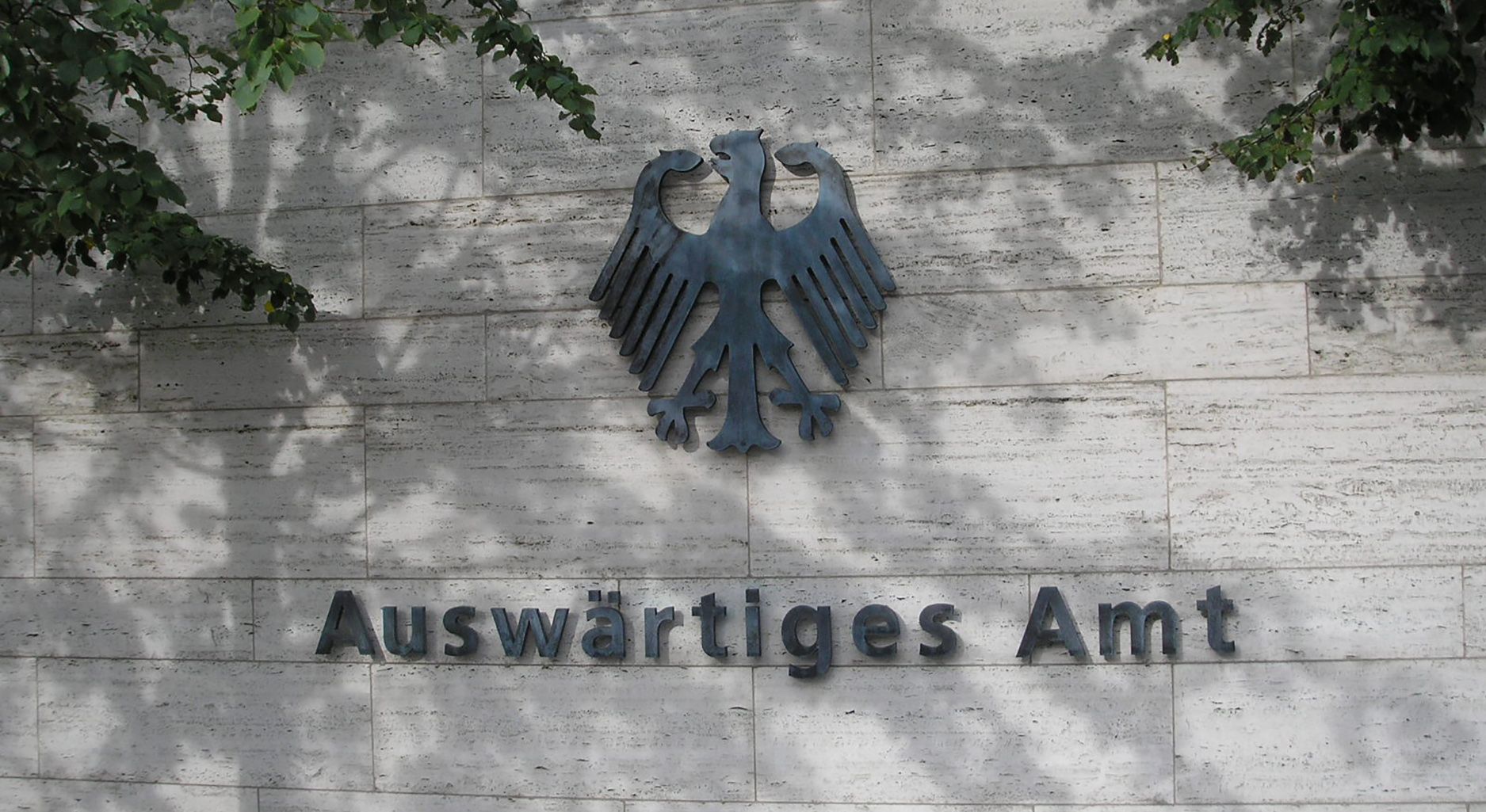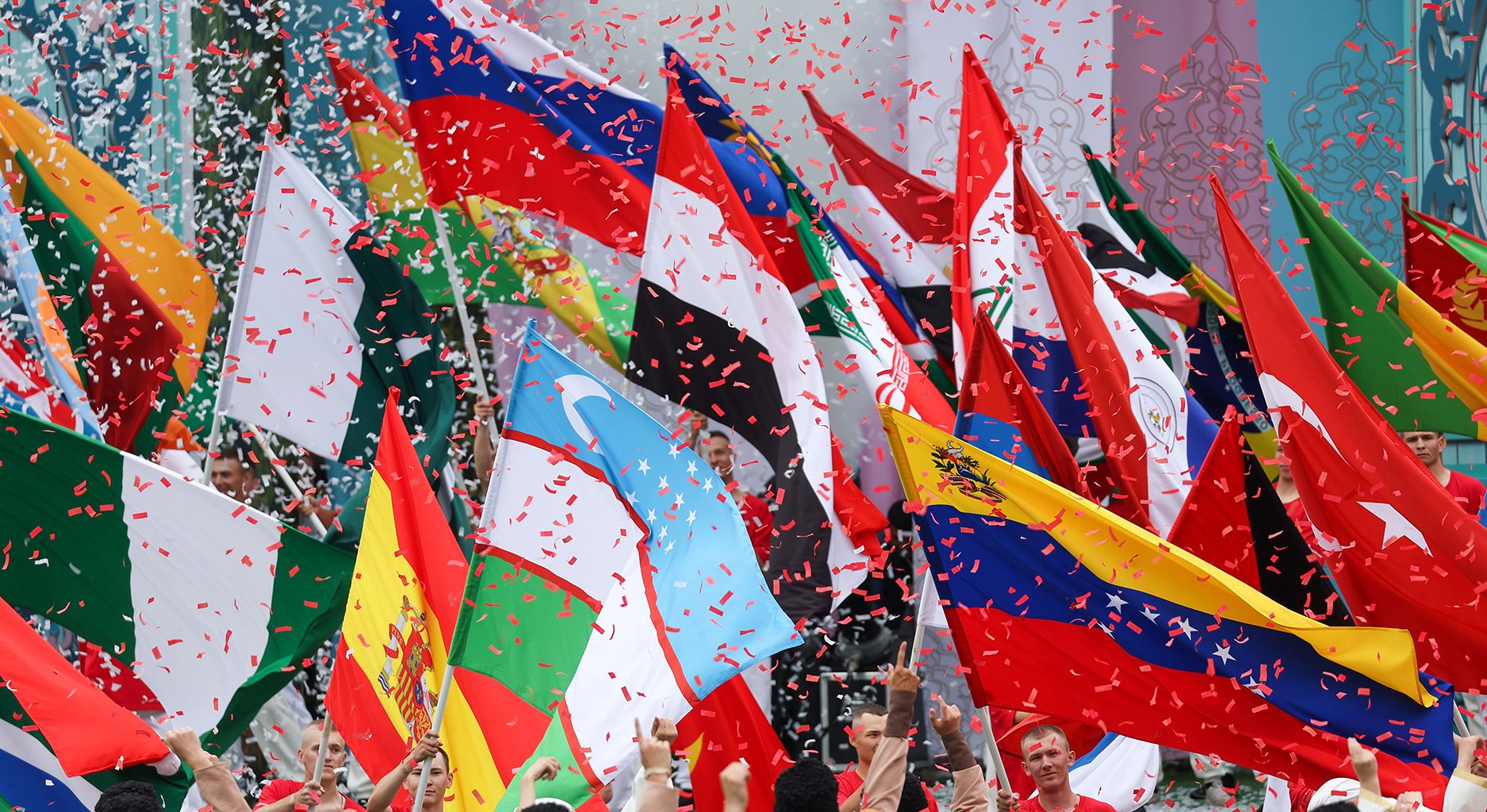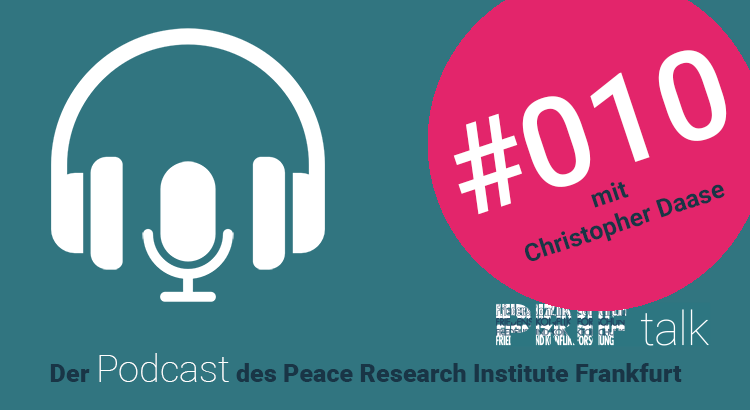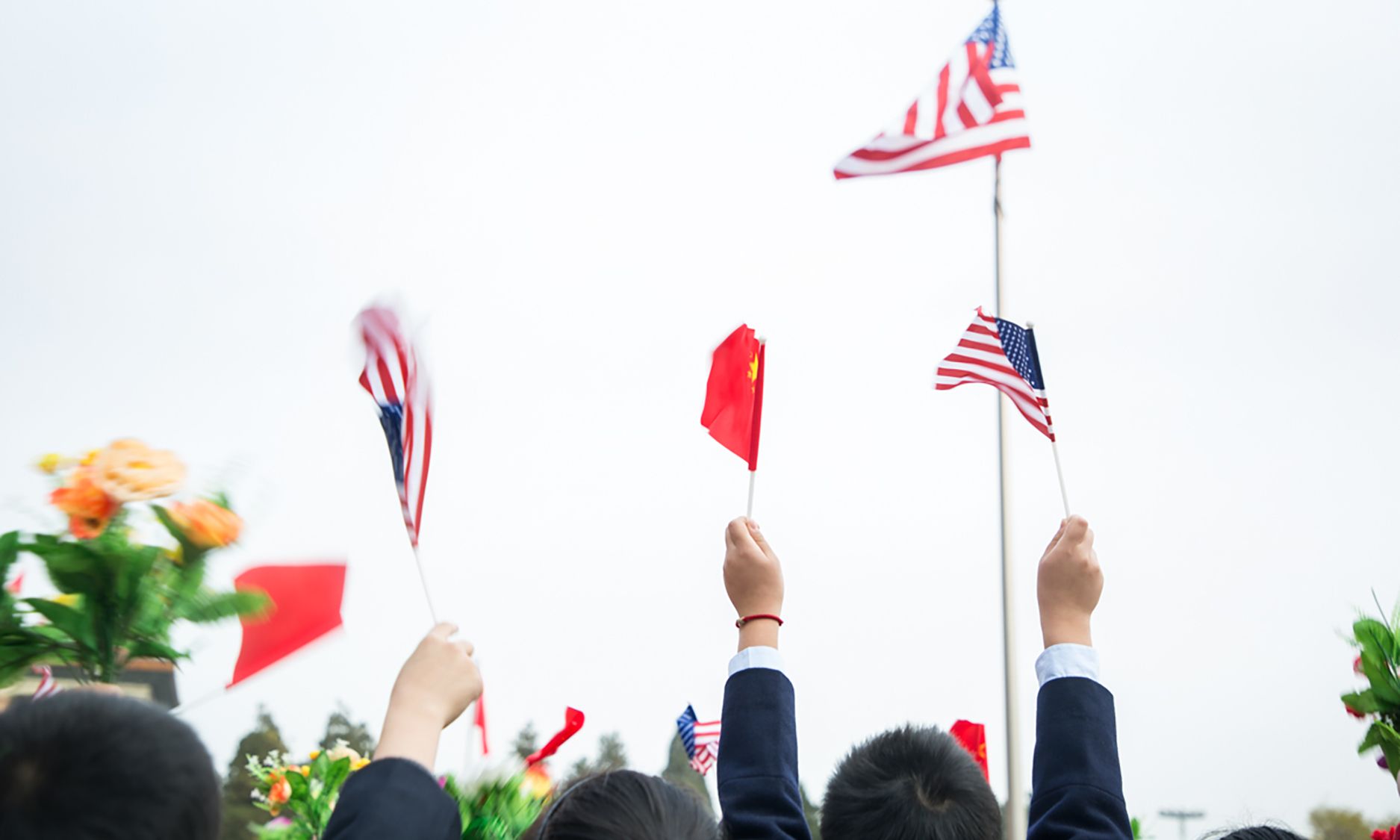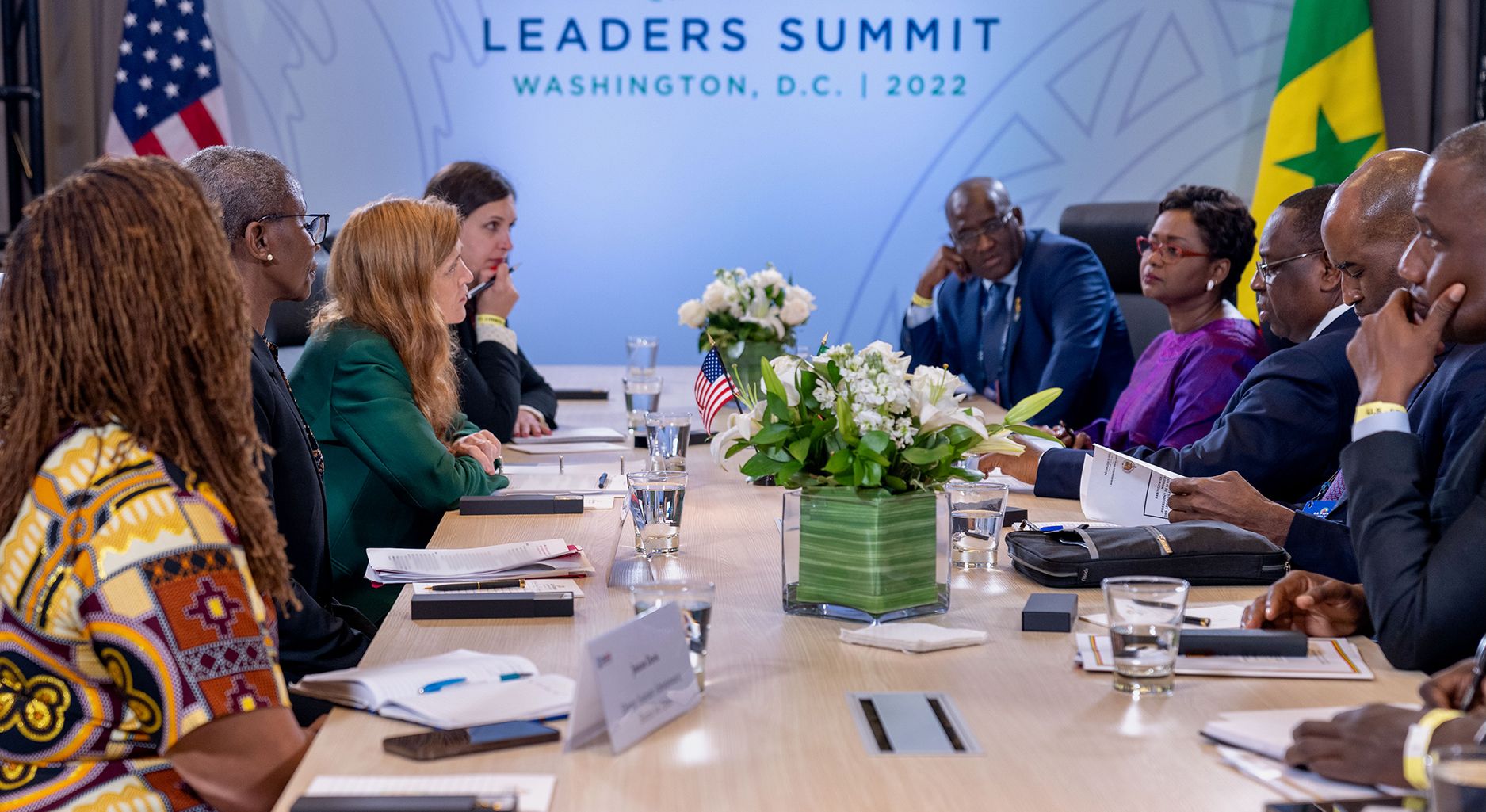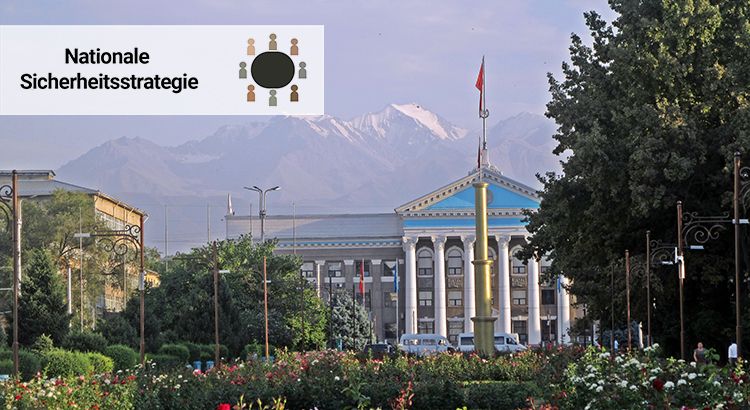Schlagwort: Außenpolitik
Die Weltordnung und der Systemwettbewerb: Zur außenpolitischen Positionierung der Parteien im Bundestagswahlkampf
Mehr als nur Abschreckung: Mittelstreckenwaffen und Multi-Domain-Operationen in Europa
Update Overdue: Why The Bundestag Should Debate Reforms of the German Foreign Office
In the Run-Up to the BRICS+ Summit: Russia’s BRICS+ Soft Power Offensive in Fashion and Sport
PRIF talk #010 // Das Friedensgutachten 2024
Das globale Konfliktgeschehen hat sich im vergangenen Jahr weiter verschärft: Der Krieg zwischen Israel und der Hamas in Gaza, die anhaltende Aggression Russlands gegen die Ukraine sowie Militärputsche und dschihadistische Gewalt in Afrika forderten zehntausende Opfer. Militärische Interventionen in Konflikte zeigen dagegen kaum Erfolge, auch die Bekämpfung von Armut und Hunger stockt. Weltweit setzen zudem extremistische Bewegungen die Demokratien unter Druck. Das Friedensgutachten, das im Juni 2024 erschienen ist, schlägt in dieser „Welt ohne Kompass“ Orientierungspunkte vor. Mitherausgeber Christopher Daase fasst in unserem Podcast die wichtigsten Punkte zusammen.
Das Friedensgutachten erscheint seit 1987 jährlich und wird von PRIF gemeinsam mit dem Bonn International Center for Conflict Studies (bicc), dem Institut für Friedensforschung und Sicherheitspolitik an der Universität Hamburg (IFSH) und dem Institut für Entwicklung und Frieden (INEF) der Universität Duisburg-Essen herausgegeben.
Christopher Daase ist Professor für Internationale Organisationen an der Goethe-Universität Frankfurt und stellvertretendes geschäftsführendes Vorstandsmitglied von PRIF. Er leitet den Programmbereich „Internationale Sicherheit“ und seine Forschungsschwerpunkte liegen im Bereich der Sicherheitspolitik sowie der internationalen Institutionen.
*Shownotes*
- Website des Friedensgutachtens
- Friedensgutachten 2024: „Welt ohne Kompass“
- Herausgebende Institute des Friedensgutachtens:
- YouTube-Video: Vorstellung des Friedensgutachtens auf der Bundespressekonferenz
- PRIF talk #007 // Das Friedensgutachten 2023
Social Media
Going over the Guardrails? China Policy in the 2024 US Election
The New US Administrations’ Africa Policies: What to Expect and Why it Matters
PRIF talk #007 // Das Friedensgutachten 2023
Seit 1987 veröffentlichen das Peace Research Institute Frankfurt (PRIF), das Bonn International Center for Conflict Studies (BICC), das Institut für Friedensforschung und Sicherheitspolitik an der Universität Hamburg (IFSH) und das Institut für Entwicklung und Frieden (INEF) der Universität Duisburg-Essen jährlich ein gemeinsames Gutachten, in dem internationale Konflikte analysiert und klare Handlungsempfehlungen für die Außen-, Sicherheits- und Entwicklungspolitik gegeben werden. In diesem Jahr steht das Friedensgutachten unter dem Titel „Noch lange kein Frieden“.
Welchen Beitrag die vier Forschungsinstitute mit dem Friedensgutachten leisten wollen, wie die Abläufe und die Zusammenarbeit zwischen den Instituten während des Entstehungsprozesses funktionieren, und ob der diesjährige Titel ein Ausdruck von Pessimismus ist, diskutieren wir mit Claudia Baumgart-Ochse. Sascha Hach gibt uns einen Einblick in die Thematik des Kapitel 3 „Rüstungsdynamiken“ des Friedensgutachtens und erörtert, was unter strategischer Stabilität zu verstehen ist, wie eine zeitgemäße Rüstungskontrollpolitik aussehen kann, und ob und inwiefern eine Kooperation mit Russland in diesem Bereich noch möglich ist.
Claudia Baumgart-Ochse leitet am PRIF den Programmbereich „Transnationale Politik“ und beschäftigt sich in ihrer Forschung u.a. mit der Rolle von Religion in Konflikten, der Politik Israels und dem Nahost-Konflikt. Seit 2017 ist sie die Redaktionsleiterin des Friedensgutachtens.
Sascha Hach ist wissenschaftlicher Mitarbeiter und Doktorand im Programmbereich „Internationale Sicherheit“ am PRIF. In seiner Forschung beschäftigt er sich mit Abrüstung und Rüstungskontrolle, Nuklearwaffen, Deutscher Außenpolitik sowie den Vereinten Nationen. Er ist Co-Autor des diesjährigen Kapitels zu Rüstungsdynamiken im Friedensgutachten.
*Shownotes*
- Website des Friedensgutachtens
- Herausgebende Institute des Friedensgutachtens:
- Friedensgutachten 2023: „Noch lange kein Frieden“
- Kapitel 3 des Friedensgutachtens 2023: „Rüstungsdynamiken“
- YouTube-Video: Vorstellung des Friedensgutachtens auf der Bundespressekonferenz
